|
The State Electricity Regulatory Commission (SERC) is a member of several international associations whose aims, roles and powers in the field of energy market regulation SERC accepts and supports in its regulatory practice. In particular, on a regular basis SERC monitors, uses or participates in different ways in the bodies and activities of the following organizations:
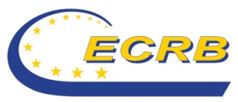
The Energy Community Regulatory Board (ECRB) was established by Article 58 of the Treaty establishing the Energy Community as one of its institutions. ECRB comprises representatives of the National Energy Regulatory Authorities of each Contracting Party (Albania, Bosnia and Herzegovina, Georgia, Montenegro, North Macedonia, Moldova, Croatia, Serbia, Ukraine and UNMIK-Kosovo) and the European Union, which is represented by the European Commission, with the assistance of one regulator of the EU Participants and one representative of the Agency for the Cooperation of Energy Regulators (ACER). ECRB considers the issues of regulatory cooperation and has a key role in the expanded market operation.
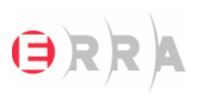
The Energy Regulators Regional Association (ERRA) is an organisation composed of independent energy regulatory bodies from Europe, Asia, Africa and America. ERRA members come from 39 countries of which 33 are full members while ten are associate members. The goals of ERRA are improvement of energy regulation in the member countries, facilitating the development of independent and stable energy regulators, improvement of cooperation among regulators, exchange of information, research and experience among the members and better access to information on world-wide experience on regulation of energy activities.
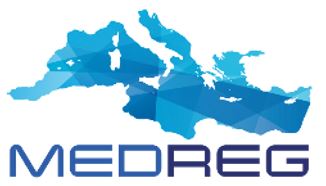
Mediterranean Energy Regulators (MEDREG) promotes cooperation among energy regulators from the countries of the Northern, Southern and Eastern shores of the Mediterranean basin. MEDREG brings together energy regulators from the following countries: Albania, Algeria, Bosnia and Herzegovina, Croatia, Cyprus, Egypt, France, Greece, Israel, Italy, Jordan, Lebanon, Libya, Malta, Montenegro, Morocco, the Palestinian Authority, Portugal, Slovenia, Spain, Tunisia and Türkiye. The main objective of the Association is the promotion of clear, stable and harmonised legal and regulatory frameworks with the aim of facilitating investments in energy infrastructures and supporting market integration.
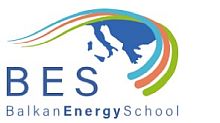
The Balkan Energy School (BES), which is seated in Milan, Italy, will promote the harmonisation of the regulatory framework at the regional level to support the development of the Balkan energy market and its effective integration at EU level. Its activities will be focused on the development of electricity and gas networks, RES integration, market coupling, and other relevant activities, under the umbrella of energy transition and through an intense activity of capacity building and know-how exchange. At the initiative of the Italian Regulatory Authority for Energy, Networks and Environment (ARERA), BES was established on 16 December 2022 by the energy regulatory authorities of Albania, Bosnia and Herzegovina, Italy, Monte Negro and North Macedonia.
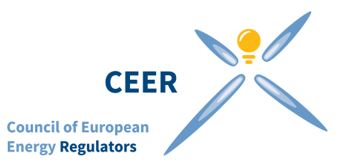
The Council of European Energy Regulators (CEER) is a non-profitable association bringing together energy regulators. Its members and observers are the independent statutory bodies responsible for energy regulation at national level. CEER brings together 39 national regulatory authorities from European Union Member States, European Free Trade Association (EFTA) and EU accession countries including Contracting Parties of the Energy Community Treaty. The Council of European Energy Regulators is at the forefront of efforts to foster competitive energy markets and empower consumers.
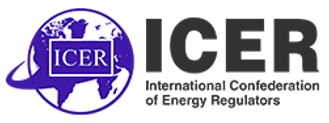
The International Confederation of Energy Regulators (ICER) is a voluntary framework for cooperation between regulators from around the globe. ICER’s aim is to improve public and policy-maker awareness and understanding of energy regulation and its role in addressing a wide spectrum of socio-economic, environmental and market issues. Over 270 regulatory authorities on six continents are included in the ICER’s membership through 13 regional regulatory associations.
|